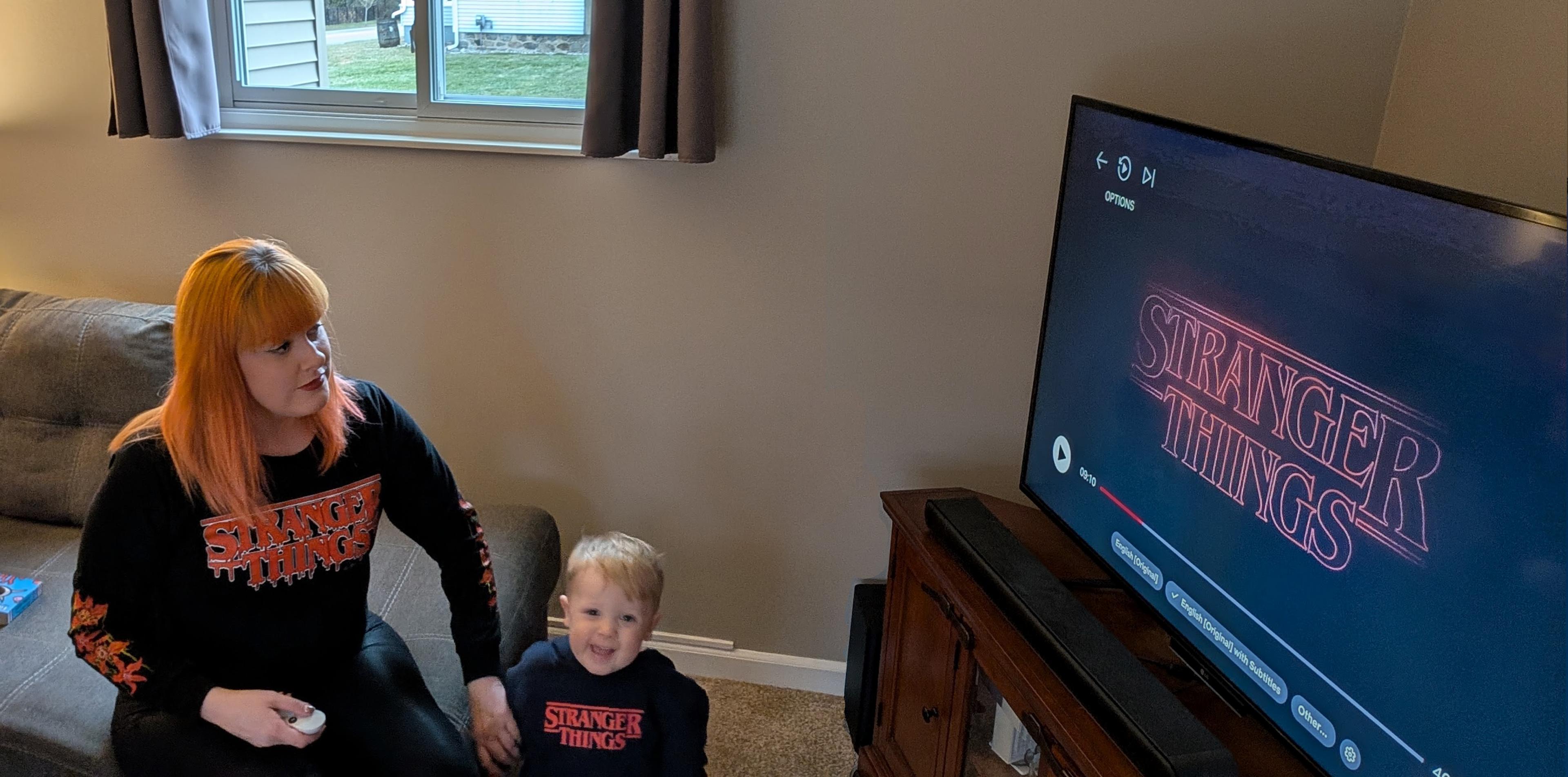How to Talk to Your Boss About Taking a Mental Health Day
Shandra Martinez
| 3 min read

We’ve all had those days when we wished we didn’t have to work. But then there are the times when mentally, and even physically, we feel like we just can’t function very well on the job. Maybe it hits you after working a lot of overtime on a particular project; when the deadline is met, you feel like pulling the covers up over your head and sleeping for a week.
Or perhaps your work environment has become increasingly stressful because you’re trying to keep up with your job but keep getting pulled away to deal with personal issues. If you’ve hit the wall and need to recharge, you need to know how to talk to your boss about taking a mental health day.
Corporate support for mental health
Conversations about the overall importance of mental health have been happening a lot more frequently in recent years. Many employers big and small have jumped into these discussions. Addressing the issue head-on can help companies maintain their employees’ productivity – and benefit their bottom line.
According to an article in Forbes, issues like mental health and substance abuse cost companies in the United States up to $100 billion each year. Employees who feel depressed are estimated to miss a total of 400 million work days annually in the U.S. As a way to combat these numbers, some companies tout access to therapists as a paid health benefit, while others host onsite mediation, yoga and other mindful practices meant to reduce their employees’ stress. Some have increased the number of annual paid days off for employees. While many don’t specifically call these mental health days, they are available for workers to take as needed.
Signs you might need a mental health day. So how do you know when you should give yourself a mental break from work? Remember, a mental health day is not enough time to solve chronic or deep-seated issues, but instead it’s meant to be a brief respite to slow down, de-stress and recharge. Here are some of the common signs you need to focus on feeling better:
- You feel overwhelmed
- You are exhausted
- You feel overly anxious or tense
Talking to your boss
If you feel like you need to take a mental health day, if and how you talk about that with your work supervisor is up to you. A lot of people simply call in sick – not disclosing a specific reason – and take one of their paid time off days or even an unpaid day off. Other people choose to be very open about what they are feeling: they are direct, they explain why they need a break from work. It depends on your comfort level disclosing this information. It may also depend on how open your boss is to discussions about mental health.
If you feel like your boss may judge you for this decision – or that there might be a lingering stigma attached to the request – it’s OK to just call in sick like you would if you had the flu or needed an X-ray, mental health experts say. Treating mental and physical health issues with the same importance is a good step toward total well-being.
Related:
Photo credit: Getty Images





